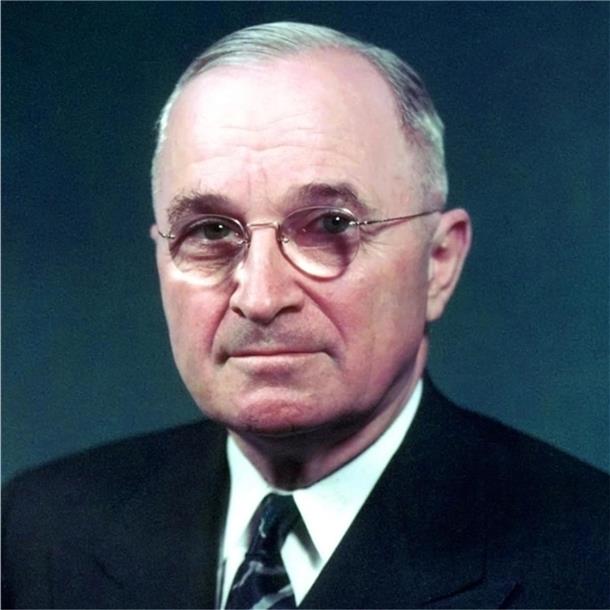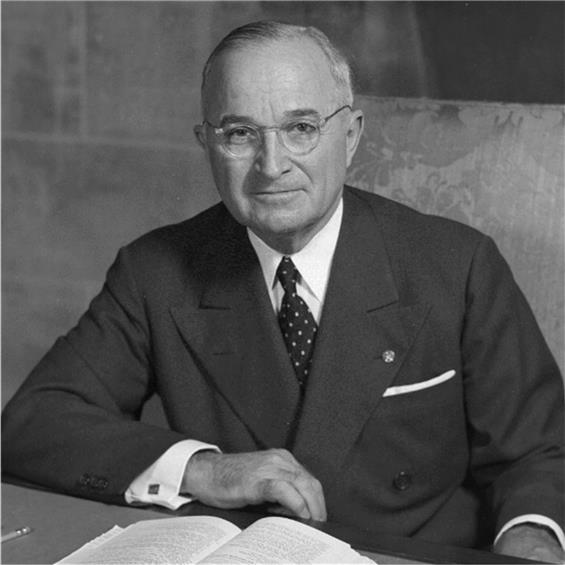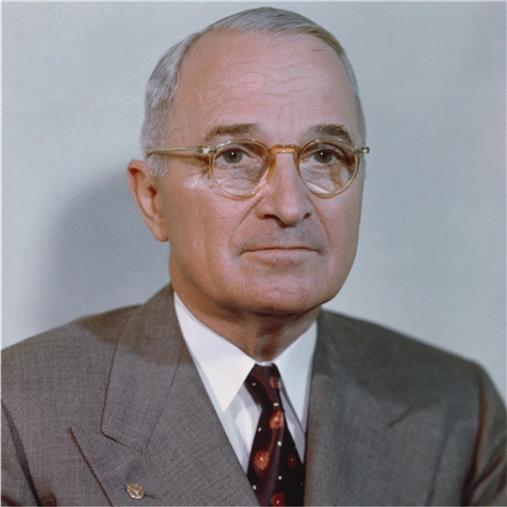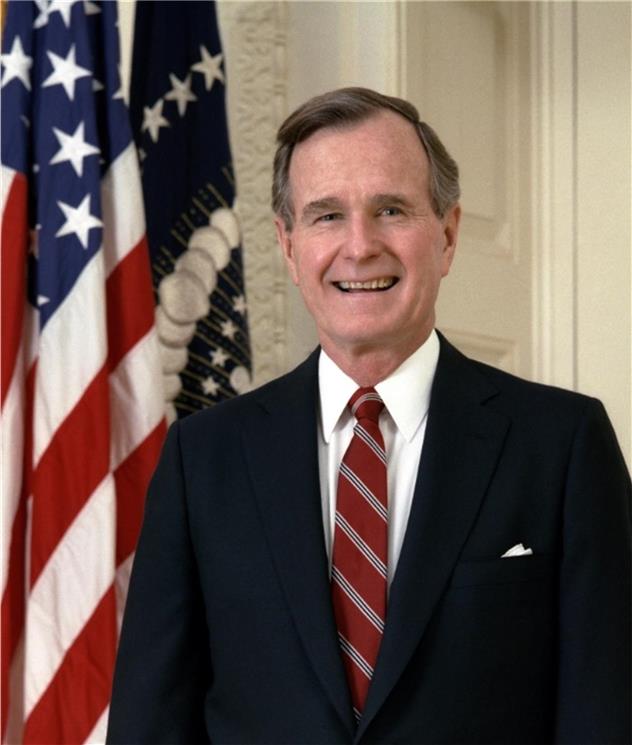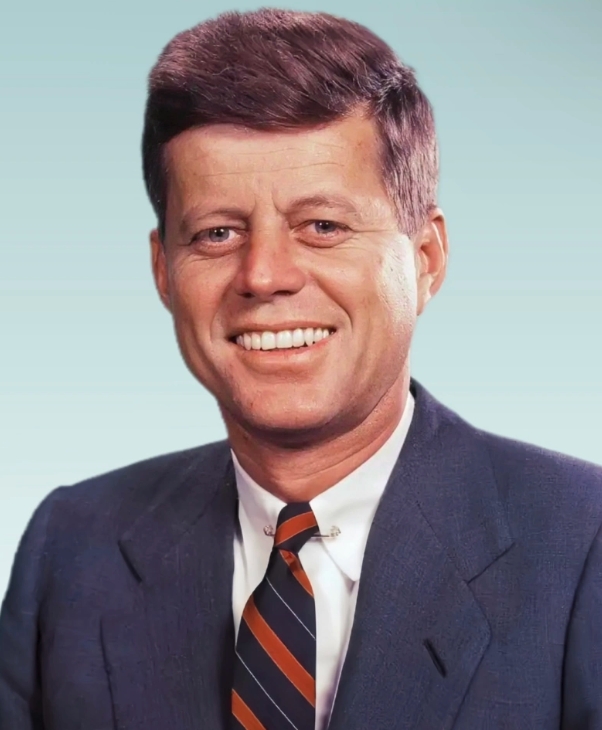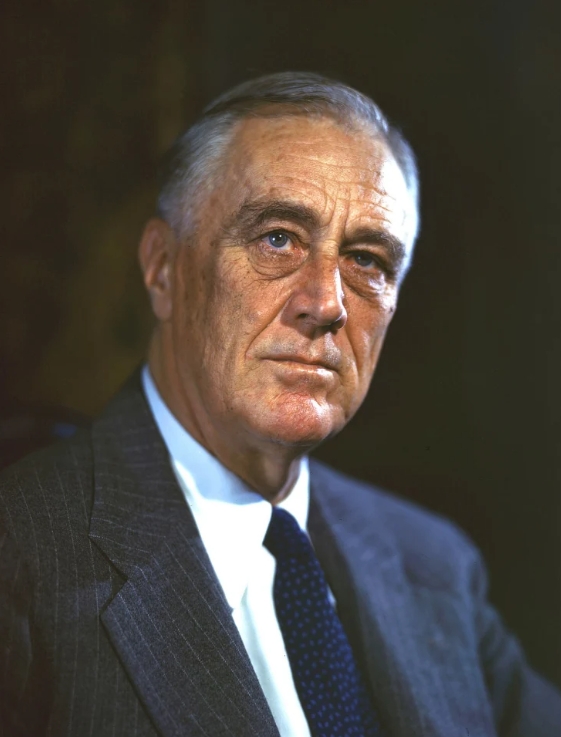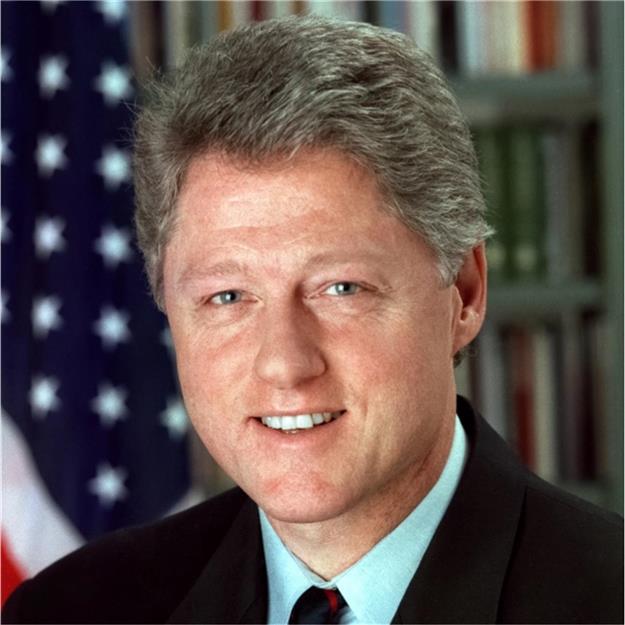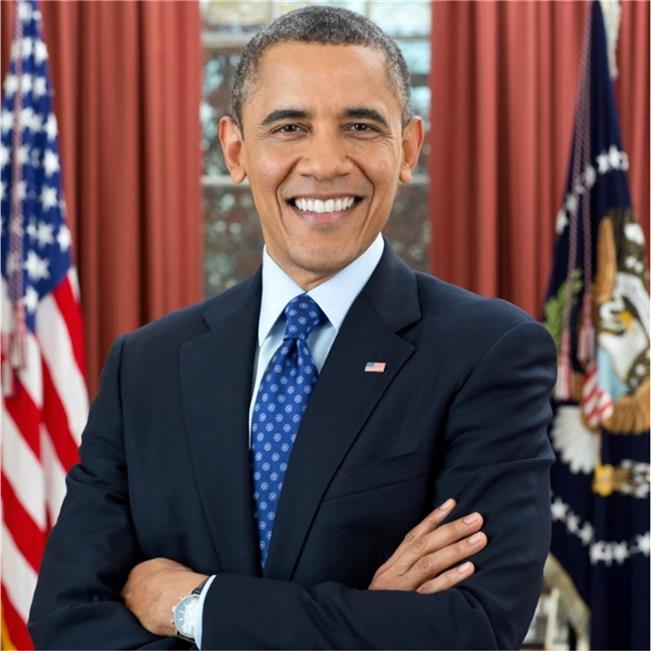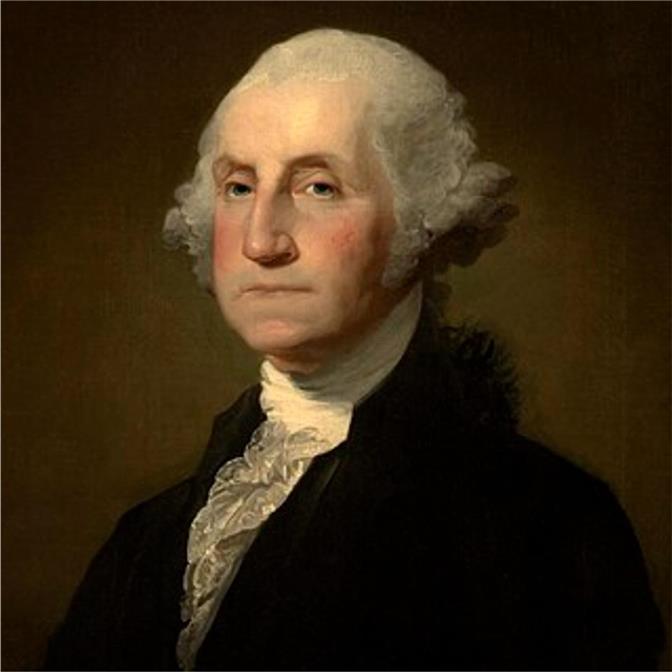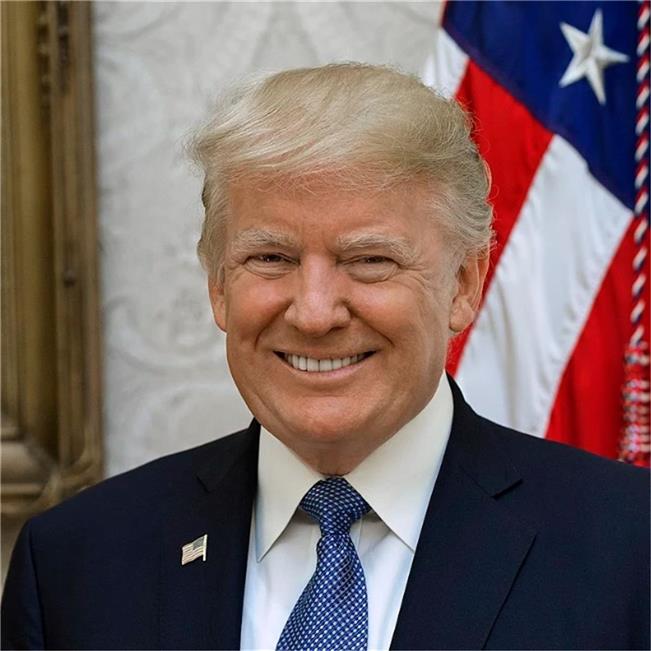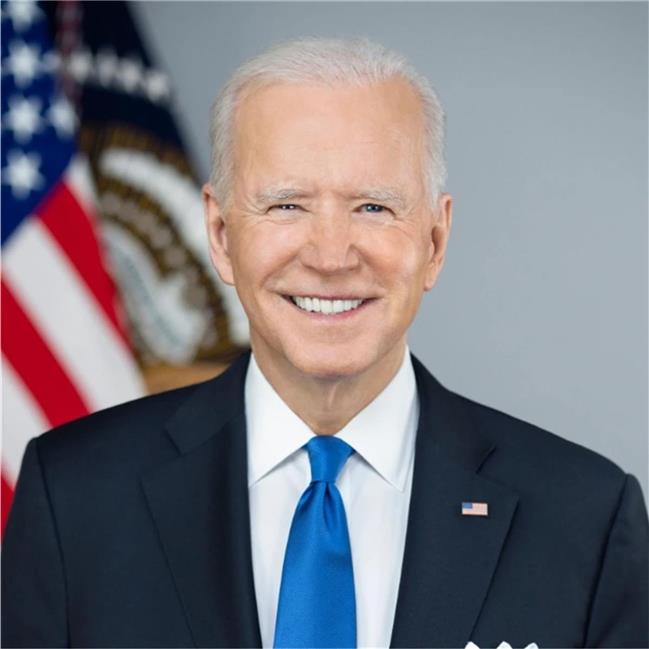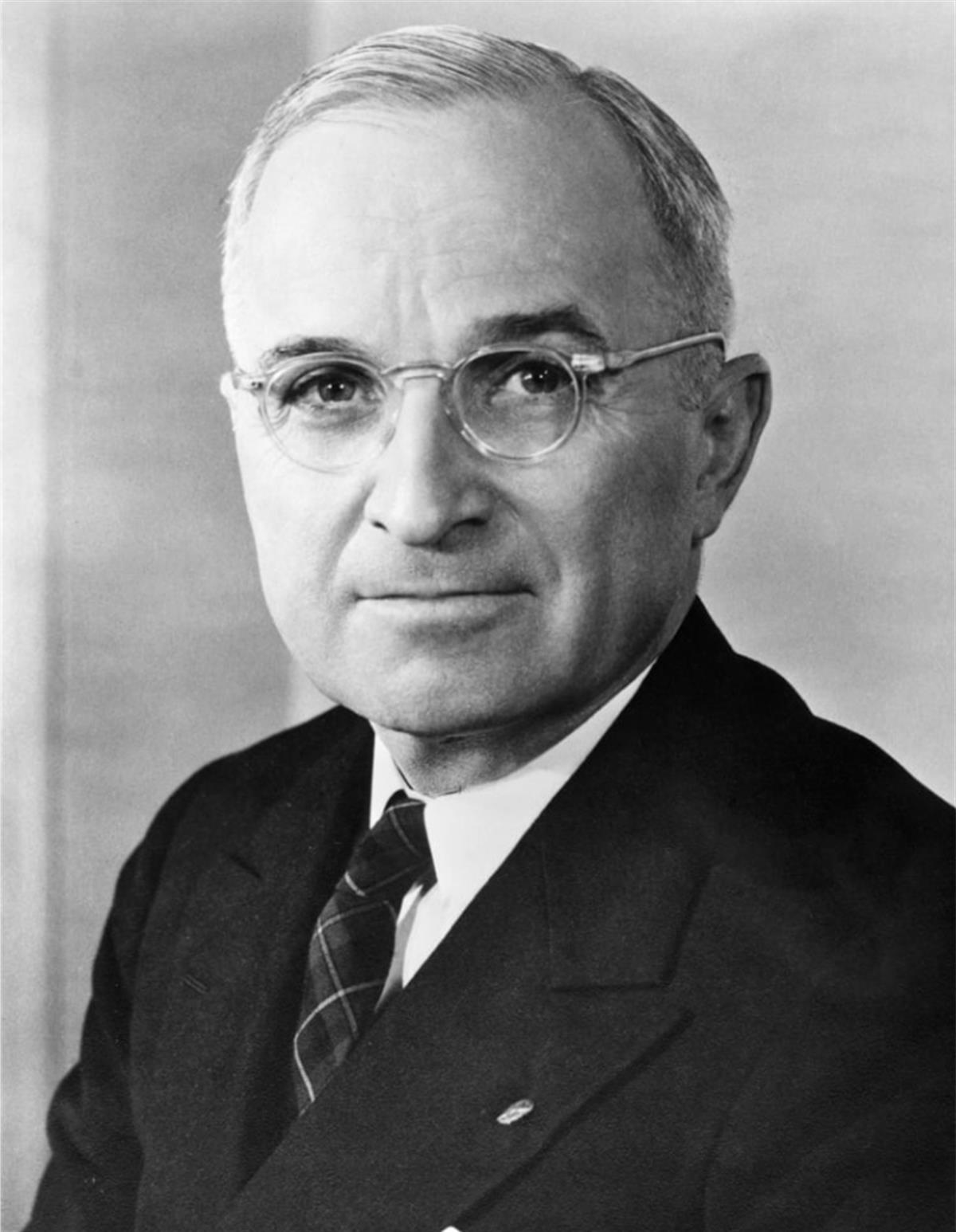Harry S. Truman
Harry S. Truman (born May 8, 1884, Lamar, Missouri, U.S.—died December 26, 1972, Kansas City, Missouri, U.S.) was the 33rd president of the United States (1945–53), who led his nation through the last turbulent years of World War II and through the first turbulent years of the Cold War, breaking with the traditional bipartisan foreign policy of the past and instituting a forceful program to confront the Soviet Union everywhere it was thought to be challenging American interests. He oversaw the initiation of the Marshall Plan, the Berlin Airlift, the Point Four Program, the establishment of NATO, and the commitment of U.S. troops to South Korea. Within the United States his support of labour and civil rights Legislation aroused strong opposition, and he was unable to pass his Fair Deal domestic program. He was forced to endure public condemnation for his handling of the Korean War and for the cloak-and-dagger scandals of his subordinates. During the last 18 months of his second term, his popularity reached a new low. Although he had regained some favour before his retirement from office, at the end of his second term he registered the lowest approval rating of any president.
 Famous Persons
Famous Persons English
English
